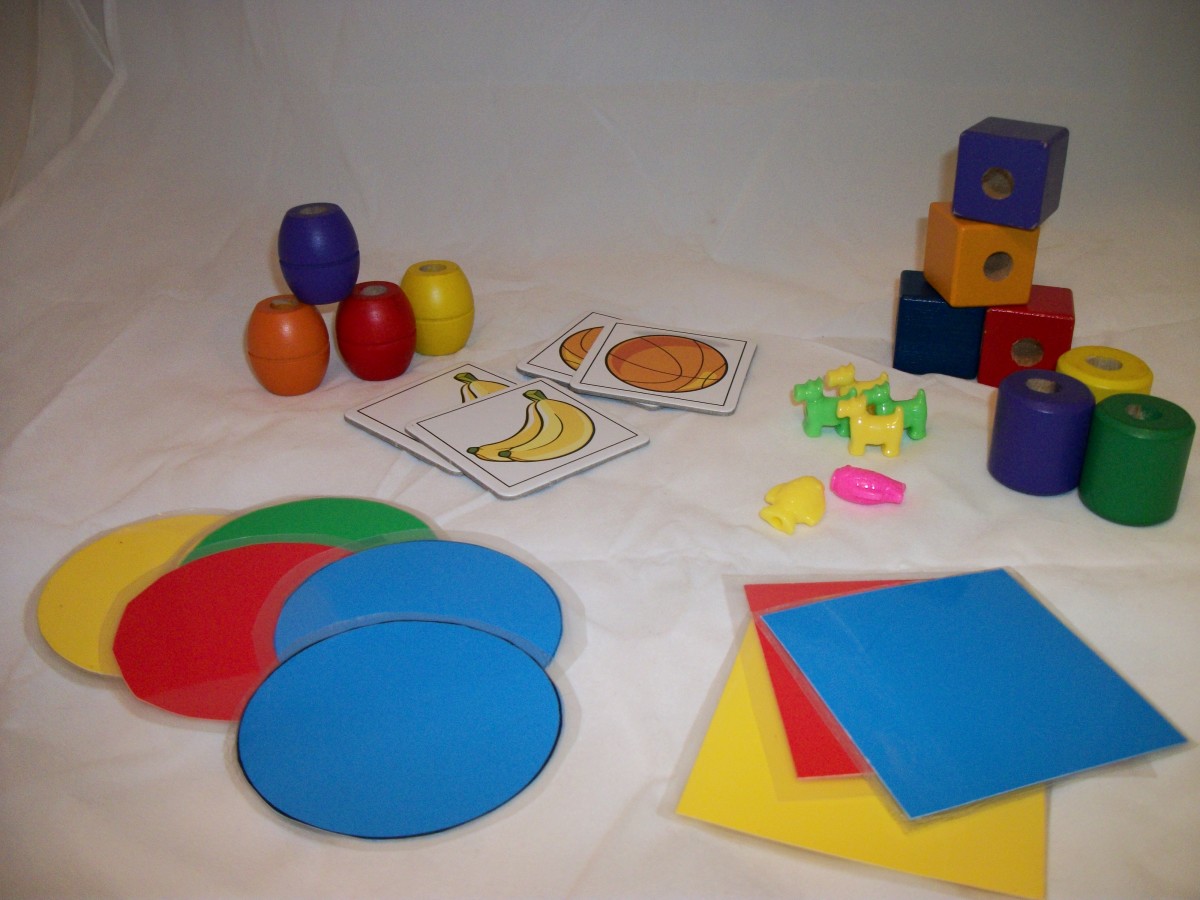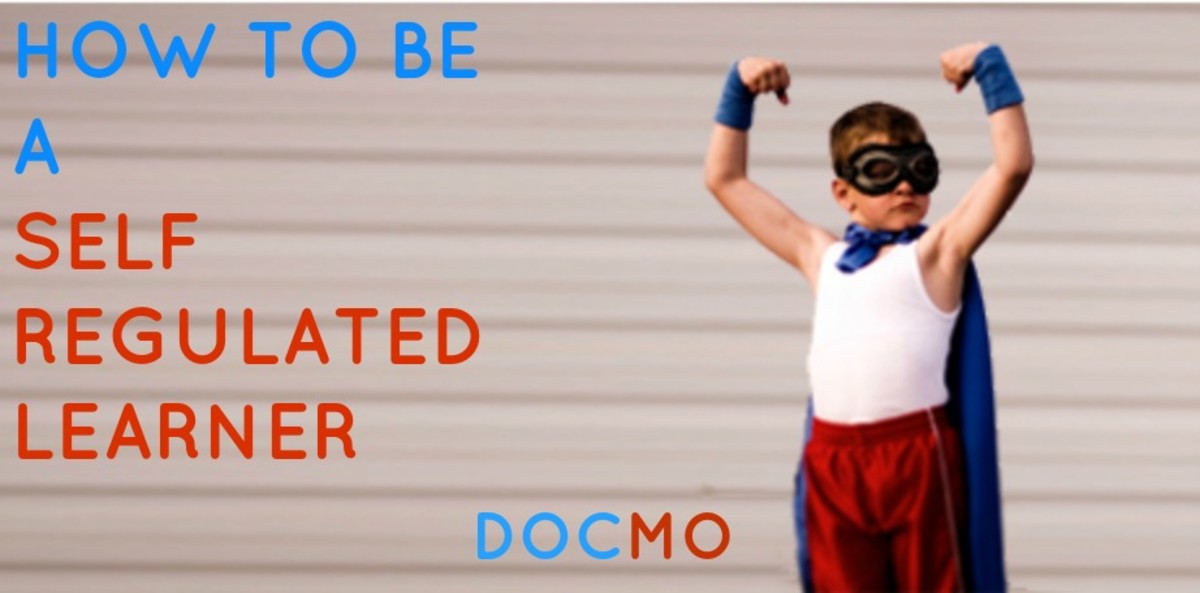How you can help to improve your child's academic intelligence

Links on how to improve intelligence and related topics
- Start Your Child in Piano Lessons
Starting your child in piano lessons can be a wonderful experience for the entire family. Music can be a lifelong interest and a talent that one may never outgrow. Some studies have linked musical instruction... - Is it possible for your brain to quit growing mental...
This complex question has a somewhat complex answer. Babies are born with the potential to develop brain connections (synapses). It is now believed that the number of potential brain connections is present... - 10 Amazing Child Prodigies Across Time
A child prodigy is defined as someone under the age of 13 who is capable of excelling in at least one area of skill at a level that is considered to be an adult level in that field. There are child prodigies... - Worlds Most Intelligent Person Intelligent Pe...
The worlds most intelligent person is not Billionaire Mukesh Ambani (worth $63.2), Carlos Slim Helu ($62.2993 billion), William Bill Gates ($62.29 billion), Warren Buffett ($55.9 billion), or Lakshmi... - Why Emotional Intelligence is More Important Than IQ
Conventional wisdom has it that there is a direct connection between our IQ and our ability to succeed in life. In school, we are ranked by our GPA. At certain points in grade school, students are given... - 20 Tips for Encouraging Your Childs Artistic Expr...
One of the worst things that a parent can do is to squelch their childs creativity. Creativity is how children approach the world in order to learn about it and to learn about themselves. It is how they...
How to improve your child’s academic intelligence
By Benjamin Ugoji
What does that have to do with me? It could be the question going in your mind. Alternatively, you may be of the opinion that your child’s intelligence has nothing to do with me. If you are advocate of intelligence being the effect of nature only, you need to think again.
As parent’s we are the first teachers our children have. What made me say this?
This is because as your child grew up before they went to school they learnt a lot from those around them as well as from their immediate environment – home, school, church and play group as the case may be. Therefore, you a parent/carer have a lasting influence on your child’s academic attainment.
In his book ‘You can teach your child intelligence’ David Lewis wrote that there is a link between attitude self-image, motivation and problem handling skills that a child has, and understanding the dynamics of these attributes can help to your child’s intelligence.
This article is to suggest some of the ways to help unlock your child’s intelligence based on leveraging the ideas from the above propositions.
How can I as a parent/carer tap into this idea?
How can I as a parent/carer help my child to imbibe these attributes and therefore unlock their intelligence?
(Figure 1)
Problem Handling Skills
Figure 1: Attributes to unlock intelligence (Adapted from David Lewis (1983): You Can Teach Your Child Intelligence p.35)
As you can see from the above illustration, every of these attributes are aligned to one another, therefore, creating a sort of linkage. For example, if you want to improve your child’s development overall in his/her intellectual capacity you have to seek to develop all the three aspects – attitude, self-image and motivation. These will help improve their problem handling skills. It requires identification of problem and soundness of strategies developed and used (problem solving).
What is my stake in this?
Attitude
Seek ways to improve your child’s attitude to school work. For example, behaviour you put up as a parent /carer to show that you have a positive attitude towards your child’s schoolwork. Prompt them concerning any homework they have at school in case they have forgotten. Recently, I have developed a strategy of asking my children if they have any homework from school in case they have forgotten. This is a sign to them that I care about their homework.
Self-image
What is your child’s self-image like? Does he see himself/herself as a good or poor student in a particular subject? Your behaviour towards them can help them to gain confidence, which in turn will boost their self-image. In this instance, you need to be an encourager in every respect.
Model the behaviour you want to see in them in your thought, word and deed.
Motivation
How can you motivate your child to be more passionate and enthusiastic about novel and unfamiliar tasks?
A child’s motivation comes from the child’s desire to meet certain goals in life. For example, how can you motivate your child to become a better learner?
There is link between attitudes, self-image and a child’s level of competence with problem solving skills.
Problem handling skills
This is the ability to see and solve problems. How can I improve this aspect of my child’s life?
- Develop strategies to get them involved in detail and big picture thinking.
- Create a platform for game that will help them to use both hemispheres of their brain to become more creative and innovative.
Some other practical tips
Be involved in your child’s learning journey
- Create a conducive environment in the home which will enable your child to explore their environment as well develop new skills to sharpen their intellect, For example, books and games to develop both hemispheres of the brain
- Does he / she have homework to do, keep track of the submission date (s) as the case may be
- Do they need help with any subject and what are the practical ways that I can help
- Endeavour to attend the parent’s evenings and follow up area(s) of concern raised by the teacher
- Find ways to help your child to develop private time to study and seek ways to make it efficient and effective
- You as a parent/carer can develop new skills so as to support your child in their learning journey
- Communicate with your child and school by checking their planner at least every week to see if there is valuable information you need to attend to.
This article has explored various attributes that could improve your child’s academic performance. It is not a panacea for all but, if as a parent we change our way of looking at our children’s expectations by helping them to change their perception in these area – motivation, self-image and attitude it will improve their problem handling skills. This in turn will positively change their outlook- the way they see and respond to their world.
Copyright © 2008 Benjamin Ugoji









